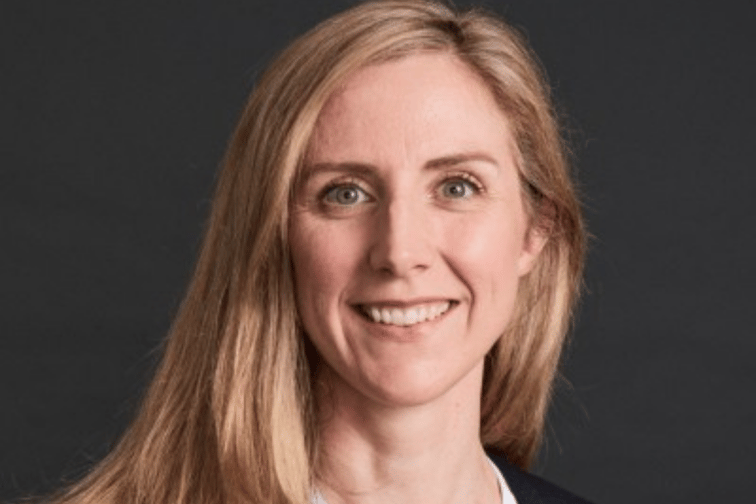

At the Actuaries Institute summit in Melbourne this week, Ramona Meyricke (pictured), actuary and director at Taylor Fry, set out the case for an urgent and radical reform of the way the public and private sectors deal with climate change.
“We urgently need to adapt to climate change or we will face serious human and economic damage. This is true around the world but especially here in Australia,” said Meyricke, who is a member of the Institute’s Climate Change Working Group and has a particular interest in helping businesses and government manage climate transition risk.
“We have all seen or experienced the devastation and economic damage created by natural disasters either by Black Summer or the recent widespread flooding along the east coast,” she said.
Meyricke said the damage costs run into the hundreds of billions of dollars.
“Here in Australia, Deloitte puts an estimated cost of $38 billion per annum on Australian natural disasters at present. That’s 2% of gross domestic product,” she said.
Meyricke added that even according to conservative estimates those costs are set to double.
“Yet despite the scale of this challenge most investment [related to disasters] is reactive and occurs after a disaster has occurred. Rather than being forward thinking and planning for the climate change we know is going to occur,” she said.
A key question, she said, is do we have the tools needed to equip decision makers to make the best adaptation decisions to respond to climate change?
“Given the scale of the challenge and the enormity of the costs involved no single institution, bank, private sector company or government can pay these costs. This is a decision that both government and the private sector need to make,” said Meyricke
She said both governments and the private sector “need to step up and make decisions” and in many cases this investment will need to be cofounded.
“But how do we do this if we’re not speaking the same language?” she said.
In a slide, Meyricke showed commercial and property damage from a natural disaster. Insurers, according to her slide, paid about one third of the total costs in terms of the response to natural disasters.
“Other financial costs include clean-up, emergency services, temporary housing, damage to public assets and infrastructure like our highways and the emergency response required,” she said.
There are also social costs, said Meyricke, including illness, injury, mental health and other impacts like domestic violence, high risk alcohol consumption and disruption to people’s education, economic activity and work.
“Governments foot those costs,” she said.
Meyricke said Australia’s public and private sectors need to adapt to cover all sets of costs and “all parts of the system.”
“It needs to be both structural - we need both more resilient physical structures such as building and infrastructure to reduce vulnerability and exposure - but the non-structural elements are equally as important,” she said.
Meyricke said questions like, “Do we have appropriate local decision-making capacity?” and, “Are we addressing social vulnerability?” need to be answered.
“There’s no point in having a structurally brilliant building if no-one can make the decisions about how to maintain that,” she said.
Meyricke accepted that she was oversimplifying by saying that insurance companies primarily focus on the physical properties of insured assets versus governments who more often focus on economic and community resilience and social costs.
“But it’s really critical we develop forward looking tools to make climate adaptation decisions that enable both perspectives that allow for both sets of costs,” she said.
The Actuaries Institute’s 2022 summit, Getting Closer, Thinking Bigger, was held at the Melbourne Convention and Exhibition Centre and ended yesterday.
Some of the key areas covered by speakers during presentations included risk management, climate change, investment and banking.
The summit opened with a plenary session titled: Capitalism – What have you done for me lately?
During the session, a panel of speakers asked if capitalism is broken? If so, can it be fixed and what are the models for a better economic system? Australian economist and central banker Ian Macfarlane was among the speakers.
Other sessions included, The Climate Ready Insurer and Data Sharing without Sharing Data.
The keynote speech on courage and resilience was given by wheelchair tennis star, Dylan Alcott.
